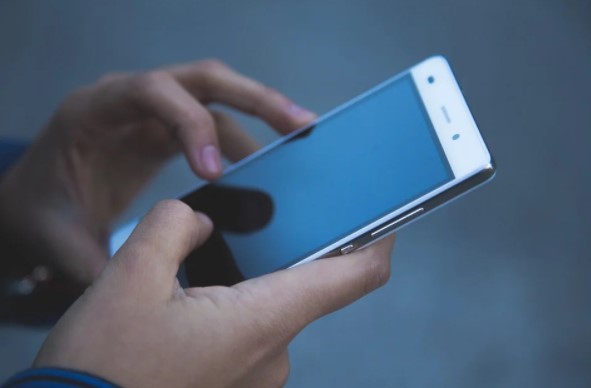Since first appearing in the 1970s, cell phones have evolved over the years to allow extra features like running applications and sending messages. A study suggests that 95% of people in the UK own a mobile phone. With over 45 million active social media users in the UK, this means several people are using smartphones for Facetiming, texting, and performing daily business transactions. Therefore, it is essential to check these security tips to keep your smartphone safe and secure since your device accumulates personal data over time.
Keep your screens always locked
As obvious as it may sound, keeping your phone screen always locked is one of the primary things many people forget. Apart from using a mobile app, there are several valid methods to lock your phone. We suggest using a unique fingerprint scanner if your phone has one. It is a much safer strategy than FaceID since fingerprints are unique to each individual in the world. However, if your phone doesn’t have the advanced security feature, there are other options you can use like pin codes, face identification, passwords, and unlock patterns. Avoid using straightforward patterns or pin codes like your date of birth.
Download apps from only Google or Apple stores
For the iPhone or iPad users, the Apple app store is the official place to download your mobile applications just as Google play store is for android users. Mobile app developers undergo a more rigorous vetting process before having their apps available on the Apple app store or Google play store. Despite this, malware developers have taken the approach of offering fake malicious apps and placing them in suspicious third-party sites. Beware of premium apps offered for free as hackers or malware developers may steal your data after installing them on your phone.
Keep phone software always updated
There is more to keeping your phone safe than just screen locking. Hackers are continuously seeking smartphones’ vulnerability to exploit. To stay a step ahead of these unscrupulous hackers, smartphone companies offer regular updates to their phone operating systems to curb any vulnerability that could be exploited. It is therefore critical to keep your phone data up to date. Hackers are always evolving, so the best way to secure your smartphone is to evolve too. Software updates offer security patches to upgrade your phone with the latest security features.
Enable remote wiping
One of the incredible features of a smartphone is the ability to secure your data via the cloud. Keeping your backup in the cloud means you still have access to your apps, personal data, and accounts even when your phone is lost or stolen. However, there is an extension to this fantastic feature as you can remotely wipe out your phone’s memory to avoid your data falling into the wrong hands. Are you an iPhone or iPad user? Follow this guide https://backlightblog.com/remove-photos-from-iphone-ipad-icloud on how to delete photos from your phone quickly.
Use VPN on public WI-FI
It is difficult to avoid using a public WI-FI when you are out and need to perform some business or important activity online. However, security experts have advised using a Virtual Private Network (VPN) on open WI-FI networks instead of mobile data. That’s because there is a likelihood that someone is lurking around to steal your data. Therefore, if you make purchases and perform banking transactions on your mobile phone, it is critical to install a VPN app before connecting to any unprotected WI-FI network. The VPN will keep you anonymous and shielded from the prying eyes of cybercriminals.
Create a robust password
Another undeniable tip related to not just mobile phones is to be extra cautious when setting your passwords. Several people settle for the obvious passwords that are easier to guess. From using your first or last name, date of birth, or the name of your pets or a family member; these passwords are easily guessed and exploited. Create a more robust password using random character strings, making it difficult for a computer to crack using brute force. Also, avoid using one password for multiple accounts since a compromise in a data breach will affect all other accounts. Finally, use a password manager to keep your passwords encrypted in one password-protected app.
Restrict social media exposure
Facebook’s 2016 Cambridge Analytica data scandal caused an outrage on the famous social media network. If you’re visible to a family and relative online, that means you’re still noticeable on the internet. And after monitoring individual accounts, other people or organisations can mimic a person based on their likes, dislikes, religious beliefs and more. Therefore, it is essential to limit the amount of personal information you share on the internet regardless of the platform you are using. If it’s necessary, keep information at the barest minimum when filling out data online to keep you safe in the event of any data breaches.





